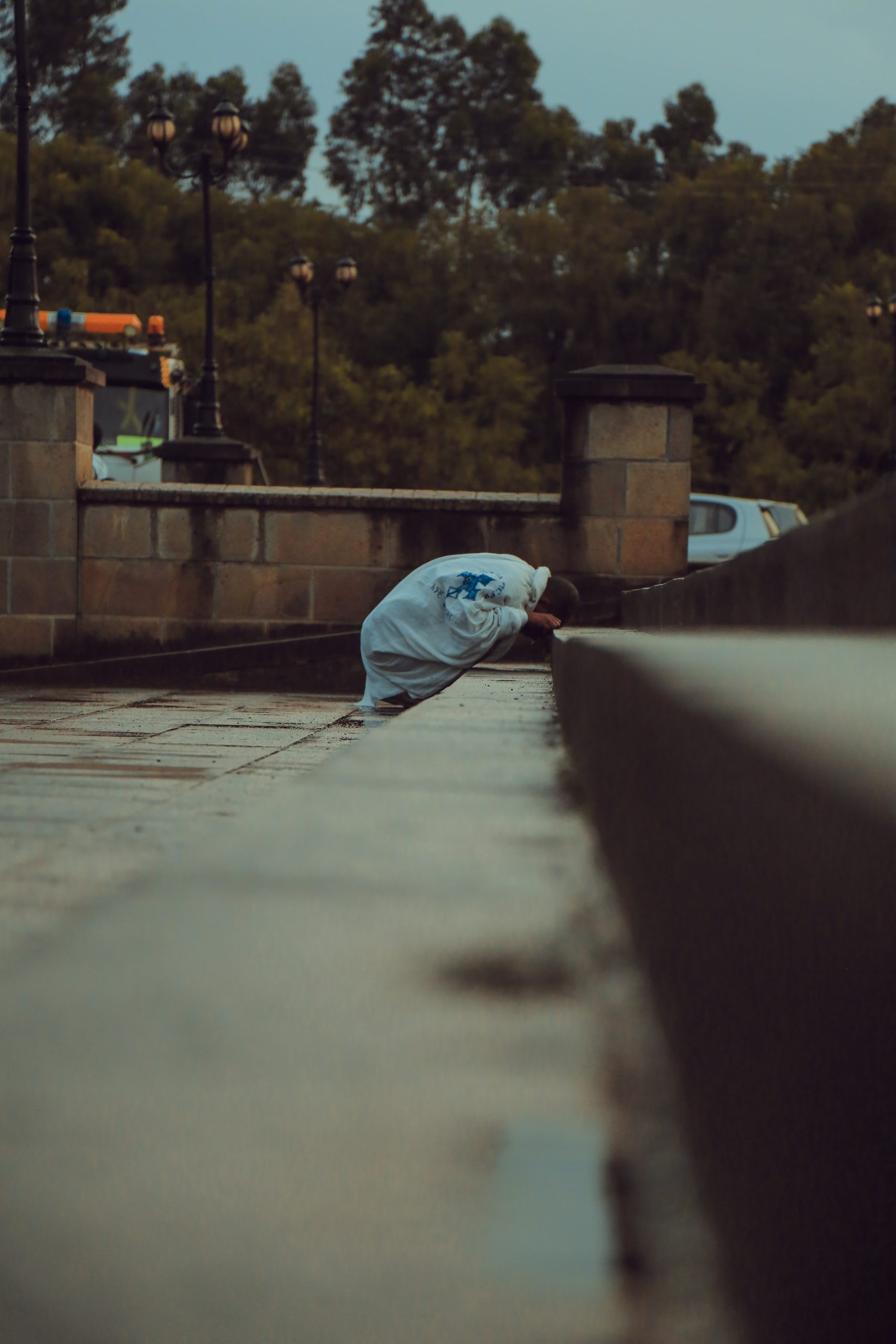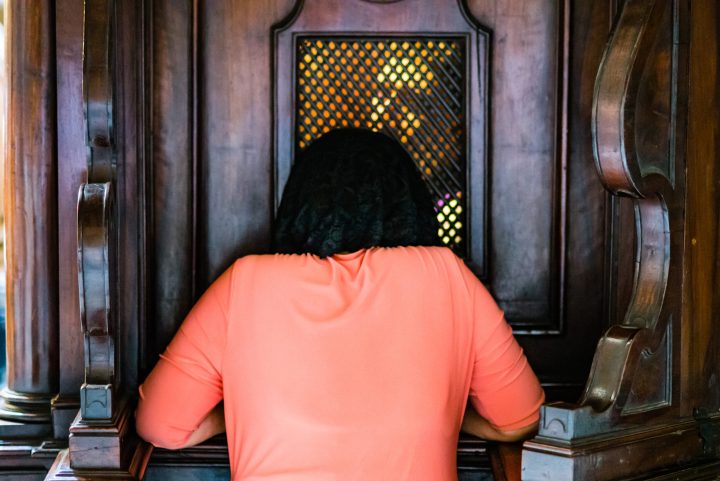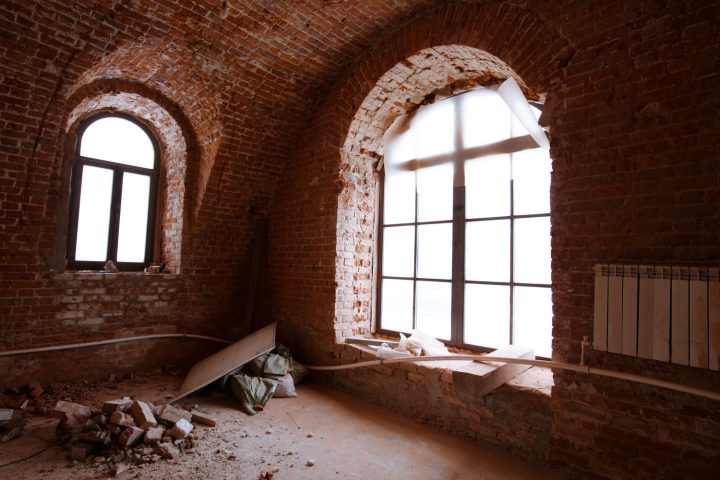
It is a terrible thing to lose a virtue. We need all the virtues to be a fully moral person just as we need all the parts of the body to be working properly if we are to be in full health. If certain muscles in the legs do not work, for example, we may limp. If a person lacks the virtue of charity, all his other virtues are in vain. Unfortunately, it is very difficult to recover a virtue once it is lost.
The virtue to which I am referring is piety. If it is used at all these days, it has been watered down to a rather sentimental form of religion. Hence, it is commonly seen not as a virtue, but more as a vice. The road to its recovery is fraught with many obstacles.
The word piety is derived from the Latin word, pietas, the noun form of the adjective “pious,” which means “devout” or “dutiful.” Virgil refers to Aeneas at the fall of Troy, as “pious Aeneas” for carrying his father, the lame Anchises, to safety. Aquinas cites Cicero who stated that piety “gives both duty and homage,” “duty” referring to service, “homage” referring to reverence or honor. Pope Saint John Paul II defined piety as “the gift of reverence for what comes from God.”
A German translator, in an attempt to provide a word that would restore the notion of piety to its fullness, coined the word Blutpflichtverbundenheit. The word never caught on, but it does represent the essence of the word “piety.” Literally, it means “blood-duty-connectedness.” Where there is a blood connection (within the family), there over-rides a duty connection. We are not alienated from our ancestry, but bound by blood to honor and respect them. By the same token, we should respect all the good things we have received from the past.
When we observe the contemporary scene we see a disrespect for tradition. The term “presentism” has been coined meaning that everything in the past should be judged by the moral standards of the present. Yet these standards are most unimpressive: abortion, euthanasia, the LGBT agenda, same-sex marriage, the disintegration of the family, the vandalizing of churches and the destruction of religious icons. The absence of piety, a respect for the good things of the past, creates a moral void that is filled in by the delusion that the present generation is the measure of everything else.
The critical importance of tradition has been accurately and dramatically symbolized by the first Broadway musical to surpass 3,000 performances. Without tradition, Tevya explains in “Fiddler on the Roof,” we do not know what is expected of us, and thus we become as vulnerable as a fiddle precariously perched on a roof.
Tradition is foundational. It is our platform and our launching pad. It provides the momentum that allows us to go forward with knowledge, wisdom, and a secure footing. We cannot plant our feet in mid-air. We draw from the good things of the past so that we can be better prepared for the future. The past is our life-blood that will ultimately serve the future.
Our exaggerated belief in progress has distracted us from the glories of the past. And, despite all its flaws, there has been glory, in law, medicine, technology, and human rights.
Piety opens our eyes and hearts to the wealth that we have inherited. It leads to appreciation, gratitude, and our own enrichment. In the absence of piety, we deprive ourselves of this wealth while failing to see the flaws in which we are immersed. The Catholic tradition comes alive when we view it through the virtue of piety.
✠




